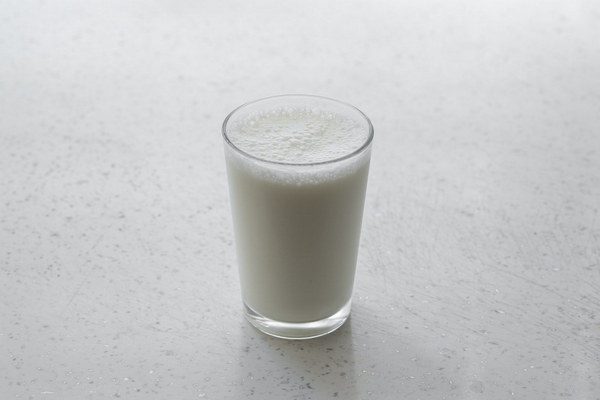Oysters vs. Lamb Which is Better for Boosting Kidney Health
In the world of traditional Chinese medicine, both oysters and lamb are often praised for their health benefits, particularly in terms of kidney health. But which one is truly superior when it comes to boosting kidney function? Let's explore the nutritional value of both and determine which one reigns supreme in the realm of kidney-boosting power.

First, let's delve into the nutritional benefits of oysters. These shellfish are renowned for their high zinc content, which is essential for maintaining healthy kidney function. Zinc plays a crucial role in the production of testosterone, which, in turn, helps to regulate kidney function. Additionally, oysters contain a variety of other minerals and vitamins, including iron, copper, selenium, vitamin B12, and vitamin D, which are all vital for overall health and kidney function.
On the other hand, lamb is a rich source of protein, which is important for muscle repair and growth. It also contains essential amino acids, such as arginine and lysine, which have been shown to improve kidney health. Lamb is also a good source of vitamin B12, which is crucial for maintaining healthy nerve function and red blood cell production, both of which are important for kidney health.
Now that we have a basic understanding of the nutritional benefits of both oysters and lamb, let's analyze which one is better for kidney health.
One advantage of oysters is their high zinc content. As previously mentioned, zinc plays a vital role in testosterone production, which is essential for kidney health. Moreover, zinc helps to protect the kidneys from oxidative stress and inflammation, which can lead to kidney damage. In fact, studies have shown that supplementing with zinc can improve kidney function in individuals with chronic kidney disease.
Lamb, on the other hand, offers a variety of nutrients that contribute to kidney health. Its high protein content helps to support muscle repair and growth, which can indirectly improve kidney function. Additionally, the amino acids arginine and lysine in lamb have been shown to help improve kidney function and reduce the risk of kidney disease.
When comparing the two, it appears that oysters may have a slight edge in terms of kidney-boosting power. This is primarily due to their high zinc content, which has been shown to have a direct impact on kidney health. However, it's important to note that both oysters and lamb offer valuable nutrients that can contribute to overall kidney health.
It's also worth considering that the effectiveness of these foods in boosting kidney health may vary from person to person. For some, oysters may be the better choice, while for others, lamb may offer more significant benefits. It's essential to consult with a healthcare professional or a registered dietitian to determine the best dietary choices for your individual health needs.
In conclusion, when it comes to kidney health, oysters and lamb both have their merits. While oysters may have a slight advantage due to their high zinc content, lamb also offers valuable nutrients that can support kidney function. Ultimately, the best choice for you will depend on your individual health needs and preferences. As always, a balanced diet that includes a variety of nutrient-rich foods is key to maintaining optimal kidney health.









